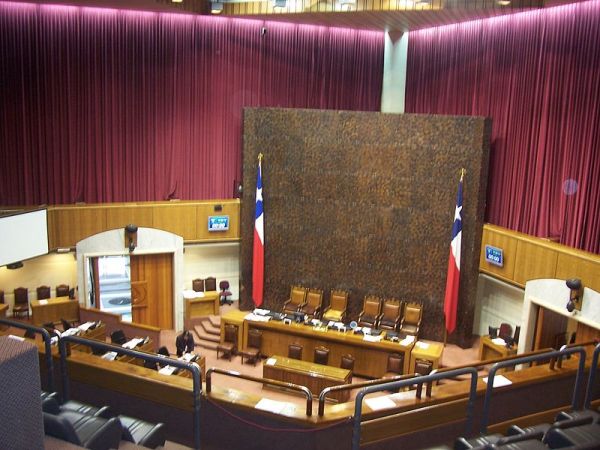One of the pillars of Augusto Pinochet”s dictatorship, the binominal system, passed away today following approval in the Chilean Senate of the reform of the electoral system.
We are very proud to say that we have achieved something historic, said Senate President, Isabel Allende Bussi, daughter of the late president Salvador Allende, overthrown by Pinochet’s dictatorship in 1973.
It is a very special moment, after 25 years of waiting and several projects rejected by the legislative power, she said.
The binominal system clearly favored right-wing parties, who almost automatically achieved increased parliamentary representation, according to local experts.
Allende Bussi explained that the possibility to submit more nominations than at present will mean ‘more competition and that there is no predetermined outcome, therefore, we are expanding democracy’.
Final discussions for the dismantling of the 1980 device lasted for 21 hours, finally being approved by the Chilean upper house Wednesday by 24 votes in favor, three against, and seven abstentions.
‘This allows to end up with a unique electoral system in the world’, commented on his side the Minister of the Interior and government’s number two, Rodrigo Peñailillo.
This way, the number of deputies will increase from 120 to 155, and the senators’ from 38 to 50, while the districts to elect the members of the Parliament decreased from 60 to 28, and gave the 15 regions of the country the rank of senatorial district.
The bill, which must now be passed on to the Chamber of Deputies, also includes a quota legislation which states that the number of male and female candidates may not exceed 60 percent of parties’ total applications.
The opposition rejected the initiative and said that democracy will be affected, not to mention the enormous benefits that offered the opportunity to elect their candidates that had even had the third place in a vote.










